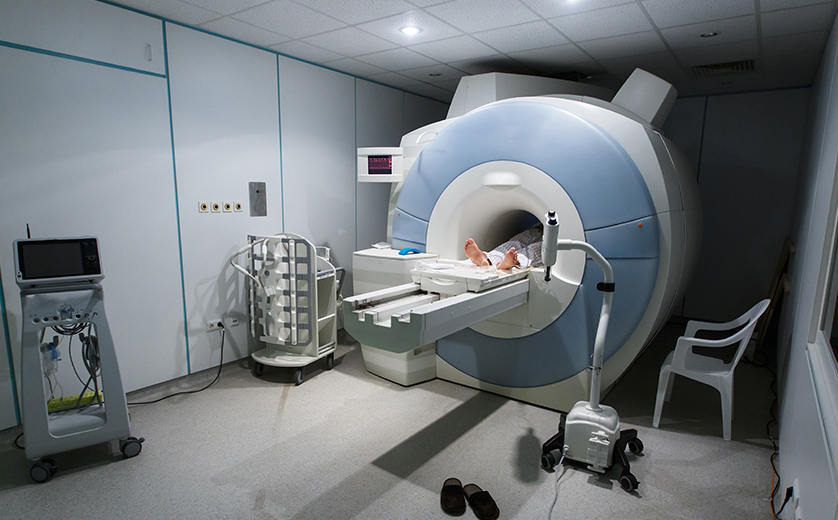Using principles of behavioral economics can help increase cancer screening and reduce health disparities, according to a new paper from the Brown School at Washington University in St. Louis.
Low-income, minority and uninsured people are disproportionately affected by cancer, in part because they have lower rates of participation in screenings for breast, colorectal and cervical cancer. The authors outline three concepts that can help effectively promote screening:
- Judgment. Personally relevant messages about cancer risk can help overcome unrealistic optimism by people; who underestimate their susceptibility to cancer.
- Decision-making. Changing the way health information is presented can influence people to get screened.
- Choice architecture. Making screening the default option, providing incentives and emphasizing feedback on performance can increase participation in screening.
“The Affordable Care Act has significantly lowered the cost of preventive treatments for underserved populations, but additional incentives may be necessary to translate increased access into completed screenings,” wrote Dr. Jason Purnell, Assistant Professor at the Brown School “Tools from behavioral economics may move our efforts forward in meaningful ways by taking a realistic approach to human behavior and decision-making.”
The paper was published Jan. 15 in Preventing Chronic Disease.
Click here to read more.
